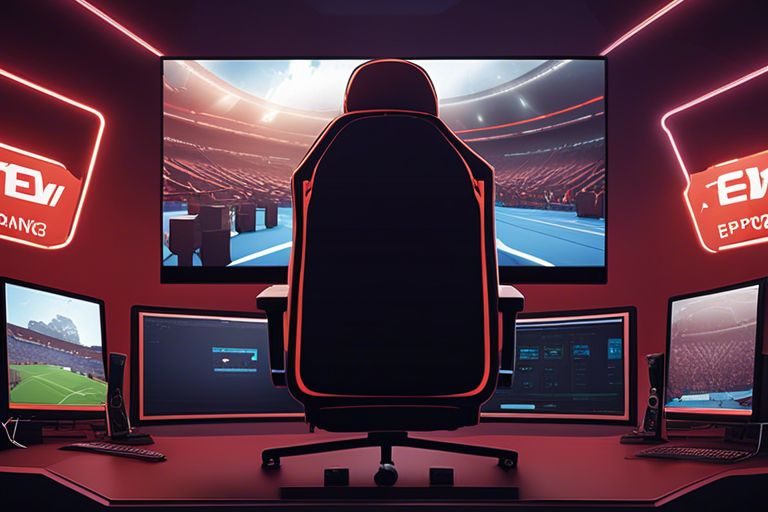Many gamers are familiar with both esports and traditional gaming, but what sets them apart? Esports, or electronic sports, refer to competitive video gaming, where professional gamers compete for prizes and recognition. On the other hand, traditional gaming encompasses a wider range of activities, including playing single-player or multiplayer games for entertainment without a competitive aspect.
Esports has gained significant traction in recent years, with massive tournaments, sponsorships, and a dedicated fanbase. Professional esports players are often considered athletes due to the level of skill, strategy, and dedication required to compete at the highest level. Games like League of Legends, Counter-Strike: Global Offensive, and Dota 2 have become iconic titles in the esports scene, drawing millions of viewers and offering substantial prize pools.
In contrast, traditional gaming is more focused on casual gameplay and storytelling. Many gamers enjoy single-player experiences that offer immersive worlds, engaging narratives, and memorable characters. Popular traditional games like The Legend of Zelda, The Witcher 3, and Red Dead Redemption 2 have garnered critical acclaim for their storytelling and gameplay mechanics.
One of the key differences between esports and traditional gaming is the competitive aspect. Esports requires players to constantly hone their skills, analyze strategies, and work as a team to achieve victory. In contrast, traditional gaming allows players to enjoy games at their own pace, focusing on exploration, puzzle-solving, and enjoying the experience without the pressure of competition.
Another distinction is the level of professionalism in esports compared to traditional gaming. Esports organizations have professional teams, coaches, analysts, and support staff to ensure their players are at the top of their game. On the other hand, traditional gaming is more about personal enjoyment and relaxation, with players often playing solo or with friends without the need for formal training or competition.
Despite these differences, both esports and traditional gaming have their unique appeal and contribute to the overall gaming landscape. Esports showcases the competitive side of gaming, with intense matchups, skilled players, and high-stakes tournaments. Traditional gaming, on the other hand, offers a more laid-back experience, focusing on storytelling, exploration, and creativity.
Ultimately, whether you prefer esports or traditional gaming comes down to personal preference. Some players thrive on the competitive nature of esports, while others enjoy the immersive worlds and storytelling of traditional games. Both have their place in the gaming world, catering to different audiences and interests.




